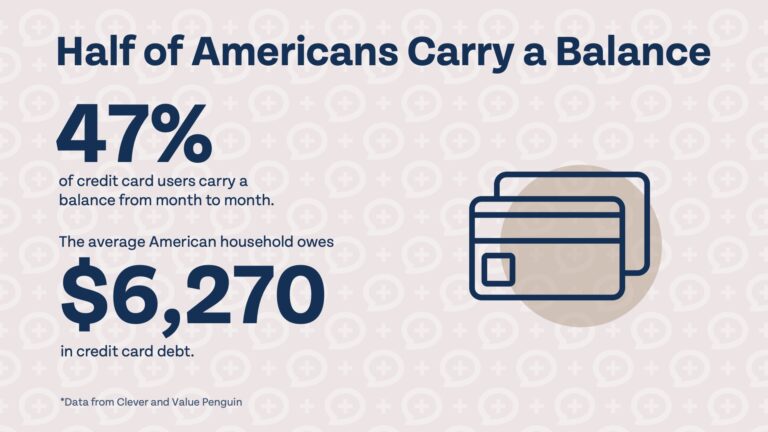
The “latte effect” describes spending money on small things that have little to no impact on our lives. The concept is true; small amounts of money spent on a regular basis can cost us more than we can imagine over the long run. If you bought a $5 coffee every single day from age 18 to age 65, that coffee would cost over $85,000 in total. Compounded at 10% annually, that cup of coffee now costs almost $2 million.
Should I never drink coffee again?
The latte effect is often misconstrued. Small purchases, like a cup of coffee, can make a big financial difference over time. But these small purchases might help get you through the day, and they might be worth it to you. As Brian has said on the show many times, the goal is to be saving 20 to 25% of your income, and if you got a late start or have ambitious goals, you may need to save even more. Once you hit your target level of saving, do you really need to keep cutting small purchases that bring you joy out of your life?
If you are struggling with debt or are having trouble making ends meet, you should absolutely take a closer look at small purchases, like coffee or eating out or other little splurges throughout the month. Controlling these small purchases will allow you to save more for the future, and eventually reach your financial goals. At a certain point, though, you need to give yourself permission to spend. Accumulating money for the sake of accumulating money is not fun; you need to enjoy your money, too.
What are you saving for?
Everyone needs a reason to save for the future. Without a reason, you will likely find it difficult to save much at all. Maybe you are saving for an early retirement, for the ability to spend more time with your family, for your dream home, or maybe you save for retirement so you can get a coffee anytime you want without thinking about it twice. Discovering your reason for saving money will help you determine what to do with the money you saved; after all, you probably aren’t saving money indefinitely. At some point, you’re going to spend your money, and you should consider what type of future you are saving for. Understanding your “why” will help keep you motivated to save.
When can I have “permission to spend”?
The younger you are, the more time your money has to grow, and the more powerful every dollar is. Every dollar saved at 20 could turn into $88.35 by age 65, with a 10% annual rate of return. Unfortunately, the younger you are, the less money you probably have available to save. Those small purchases, like a cup of coffee or a takeout meal, make an even greater difference when you are young. If you are younger and struggling with saving an adequate amount for retirement, it may be a good idea to cut some discretionary expenses out of your life.
As you get older, you’ll likely make more money. You might not be paying off student loans anymore. Your discretionary income is normally higher the older you get. If you are on-track for retirement, savings-wise, it may be fine to spend more money on the little things. Things that might not do anything for your long-term happiness, but can add a little bit of joy to a day.
The three ingredients of wealth creation are discipline, money, and time. Discipline often means making tough decisions about what to spend money on, such as foregoing creature comforts like coffee in order to put a little extra in your retirement account every month. Splurging on small “unnecessary” expenditures doesn’t necessarily make you an undisciplined spender, though; it might just mean you’ve reached a point in your financial life where you don’t need to think twice about small purchases.
On our latest show, we discuss this so-called “latte effect” and if your daily coffee is actually wreaking havoc on your financial life. Watch our latest Money Guy Q&A, “Can Coffee Really Ruin Your Finances?” on YouTube below.














